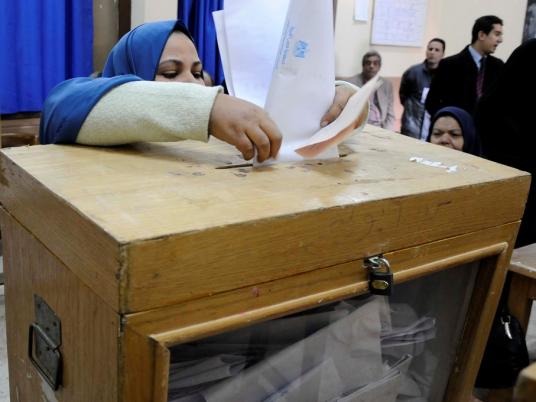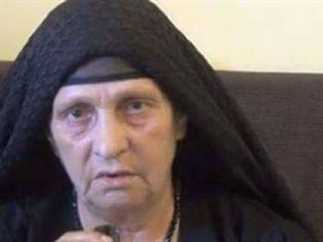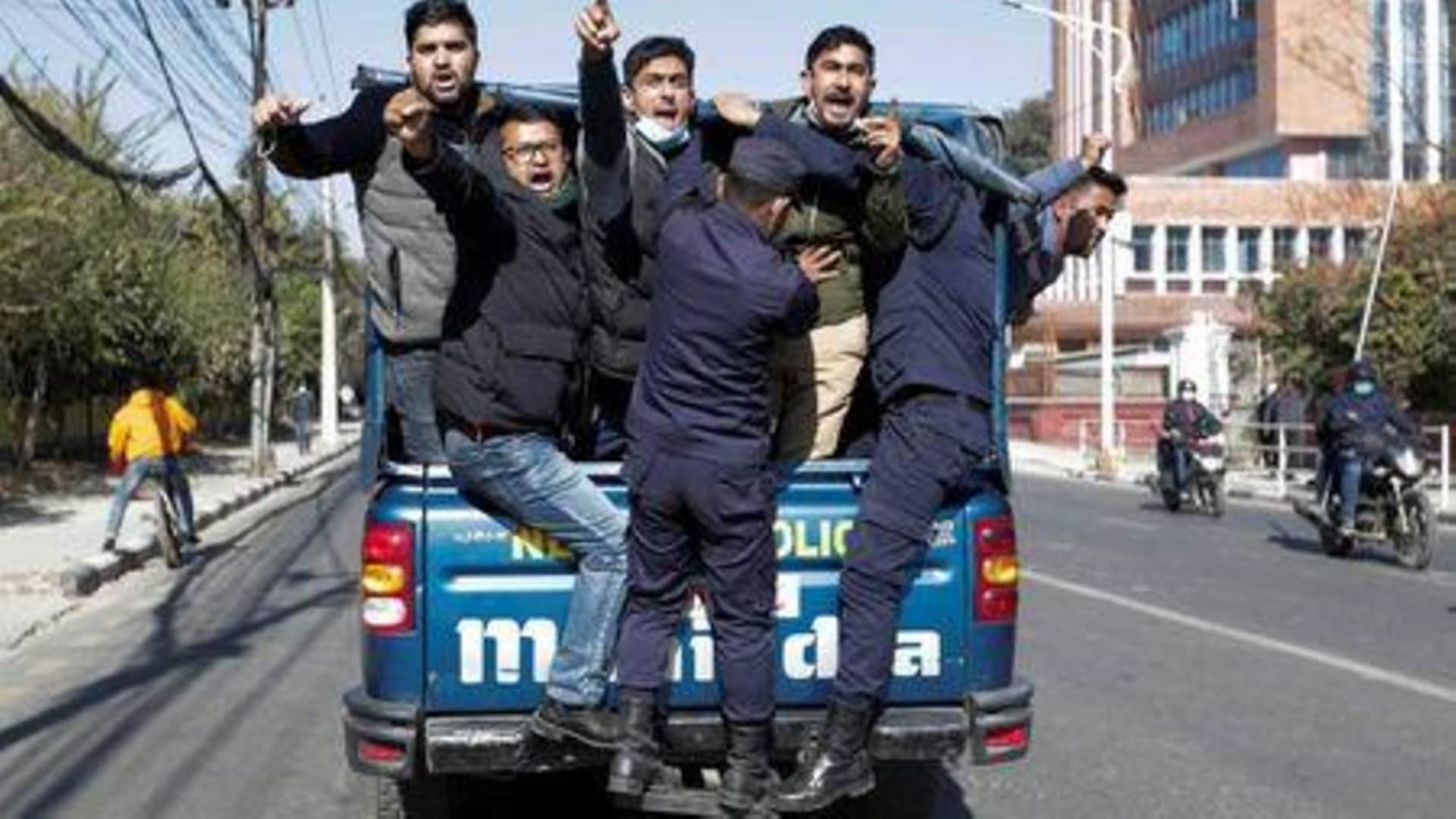
Coverage of the second round of parliamentary elections dominates today’s press, with the party-run Al-Wafd in a bitter recriminatory mood, declaring that electoral violations by two of its opponents, the Freedom and Justice (FJP) and Nour parties, “darkened” the proceedings.
The paper lists violations allegedly committed by the two parties ― whose lists won landslide victories in the first round of voting far outstripping the Wafd Party ― in the nine governorates that took to the polls yesterday, including the illegal distribution of campaign material to voters at polling stations and FJP supporters voting more than once.
Al-Wafd's outrage continues on following pages. One headline declares that the Islamist parties “committed flagrant violations in the governorates despite the warning by [Supreme Council of the Armed Forces member] Ismail Etman.”
Al-Wafd interrupts this lament to warn, “Millions of dollars are being spent to penetrate parliament and influence decision-making,” suggesting that this explains the rise of Shias and Salafis in Egypt.
The United States, European Union, Iran and Gulf countries are all “searching for influential people in the country to serve their interests and realize their strategic goals” as an “alternative to traditional occupation,” according to the party paper.
The article mentions in passing the ongoing legal investigation into the activities of prominent human rights groups, which many view as an attempt to discredit and intimidate civil society organizations.
The Al-Wafd attack on Salafi groups continues with a full-page report in the shape of the Sinai Peninsula that says, “Salafis are Israel’s new excuse for occupying Sinai,” and, “Tel Aviv is trying to convince America that Egypt has lost control of the peninsula.”
State-run Al-Ahram columnist Mahmoud Morad is also in an unforgiving mood about Islamist parties. He dissects the history of the Muslim Brotherhood in a column titled, “The Muslim Brotherhood … what do they want?”
Morad opens by referring to the Brotherhood as the mahzouza (“fortunate”) group, a play on mahzoura (“forbidden”), a term which state media used to refer to the Brotherhood when it was banned under then-President Hosni Mubarak. In fact, Morad says, the group should be described as “cunning and conniving,” in light of its history.
“Looking back at the group’s history after its establishment in 1928, we will never find in its history any record of resistance against the British occupation … At the same time the group planned and carried out assassinations of Egyptians, and when the war broke out in Palestine in 1948, it did not participate until after the Arab streets reached a boiling point and with pressure from its youth,” Morad says.
Morad concludes by warning that “while [the Brotherhood] might have enjoyed some success for certain reasons, this won’t last. It must realize that it will not monopolize power and will not draw up the constitution alone.”
Privately-owned Al-Shorouk runs an apt headline summing up the electoral schism between liberals and Islamists: “Giza: Galabeyas in Al-Bahr al-Azam [a working-class neighborhood] and casual wear in [middle-class] Dokki.”
The story quotes laborer Reda Abu Awad, who says that he is voting for the Nour Party because “they are religious.” He is seconded by his brother-in-law Ahmed Abdel Hamid, who says that “they are better than the others” ― “without specifying who the others are,” the story’s author wryly notes.
Al-Shorouk also reports on Nour Party grievances expressed during a rally in the Nile Delta city of Tanta.
Nour spokesman Nader Bakkar is quoted as saying that “the media and liberals” are leading an “intense war” against Salafis and trying to make a “bogeyman” out of them by hunting out mistakes and taking statements out of context.
“We are not guilty of anything and therefore do not need to defend ourselves,” the Nour spokesman is quoted as telling the rally.
In what might be a surprise to Egyptians, Bakkar also said, “We can’t talk about damaging Egypt’s tourism industry because it doesn’t have one,” promising that Salafis will create a more “genuine” tourism industry.
In a previous media appearance on satellite television, Bakkar advocated health tourism in Egypt and claimed that alcohol-free and Sharia-friendly luxury hotels were becoming increasingly popular globally.
Head of Hayat Party Michael Mounir is depressingly pessimistic about Copts' chances for decent representation in the new parliament.
Quoted in Al-Gomhurriya, Mounir says that Copts' chances of winning seats in parliament are “extremely weak” and that whoever wants them in the legislature should “give them real representation rather than giving one or two candidates token representation at the end of lists.”
It seems that faithfully quoting National Democratic Party remnants is a habit that state-run Al-Gomhurriya just can’t break. One report carries a picture of former Culture Minister Farouk Hosni waiting in line to vote, quoting him as saying, “I’m going to vote for a liberal party that won’t accuse me of being an infidel and doubt my faith, but instead will treat me as a human being and not a child.”
Egypt's papers:
Al-Ahram: Daily, state-run, largest distribution in Egypt
Al-Akhbar: Daily, state-run, second to Al-Ahram in institutional size
Al-Gomhurriya: Daily, state-run
Rose al-Youssef: Daily, state-run
Al-Dostour: Daily, privately owned
Al-Shorouk: Daily, privately owned
Al-Wafd: Daily, published by the liberal Wafd Party
Youm7: Daily, privately owned
Al-Tahrir: Daily, privately owned
Freedom and Justice: Daily, published by the Muslim Brotherhood's Freedom and Justice Party
Sawt al-Umma: Weekly, privately owned
Al-Arabi: Weekly, published by the Nasserist Party




